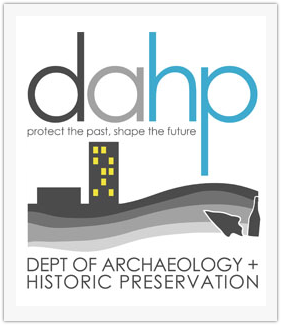SEPA Training in February
Join our partners at the Department of Ecology's Coastal Training Program for a series of online SEPA training modules in February. Each webinar session is scheduled for 2.5 hours and will cover different SEPA topics in each one. You can register for them individually at the following link:
General Course Schedule: http://www.coastaltraining-wa.org/page-1811075
Topics:
Session 1: Overview and Applicability
In this introductory session we will cover the statutory overview and purpose of the Act as well as when it is required for agency decision-making. We review agency roles and responsibilities – including the designation of the SEPA lead agency. This session also addresses SEPA exemptions and focuses on the exceptions to those exemptions.
Session 2: Conducting the Review – Checklists, Threshold Determination, Public Notice, Review and Commenting, and Appeals
This session covers the basic environmental review and analysis process with a focus on SEPA for projects such as general development proposals, industrial projects, and infrastructure construction. We’ll discuss the Environmental Checklist, supplemental information, significant impacts, threshold determination (DNS, MDNS, or DS). We’ll also cover inter-agency distribution, public notice and submittal to the SEPA Register as well as tips on how to review and comment on other agencies’ documents. The general SEPA appeal options will be addressed with time for questions and answers about various agency-specific options.
Session 3: Conducting an Environmental Impact Statement Process
An EIS is not just a document –it includes more formal public and inter-agency engagement and often includes additional studies, research and work done by consultants. This session goes into more depth about the procedural sideboards and flexibility provided by the rules. We’ll provides examples of EISs processes from large mega-projects to relatively small projects with one or more significant issues to analyze.
Session 4: NonProject SEPA, Phased Review, Adopting Existing Documents
This is the session with important yet often confusing or ambiguous aspects of the SEPA reviews. We’ll provide more time for Q & A but also go into more depth on how to analyze indirect impacts for a programmatic or “nonproject” SEPA review. This also leads into some procedural steps related to phased review and how to adopt previously prepared SEPA and NEPA documents.
For more information please contact the Coastal Training Program:
Sara Brostrom, Program Coordinator, 360-428-1075, bros461@ecy.wa.gov




